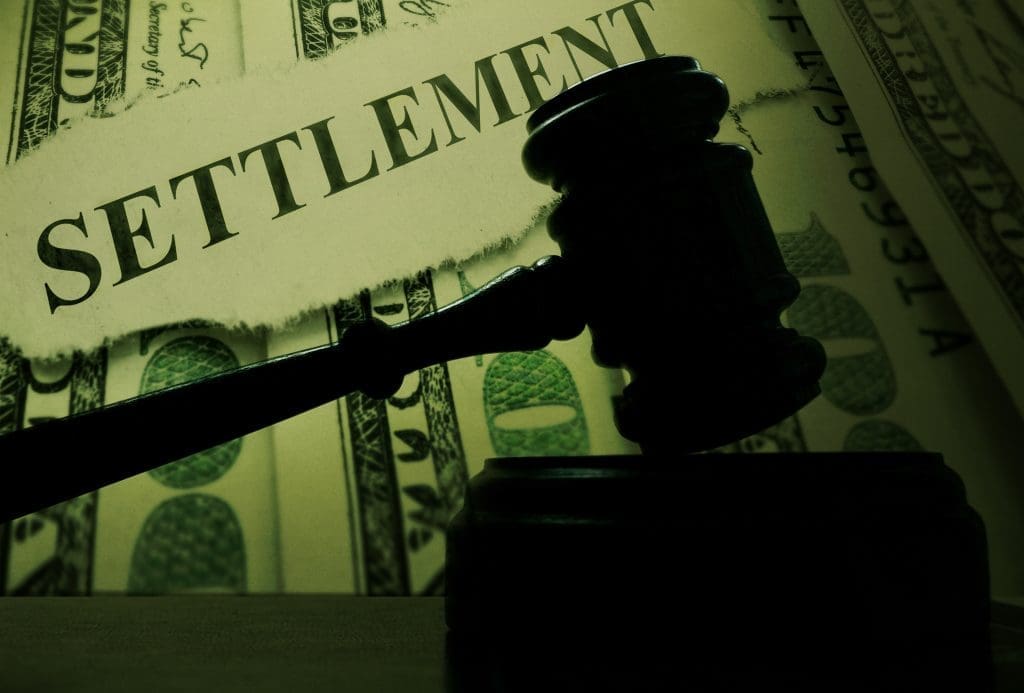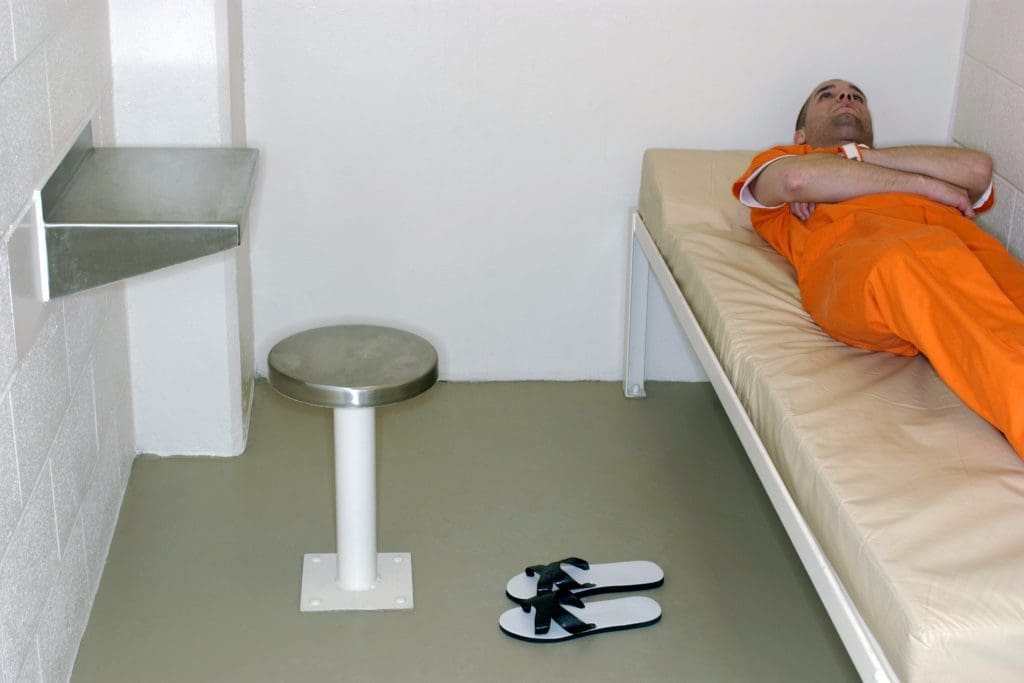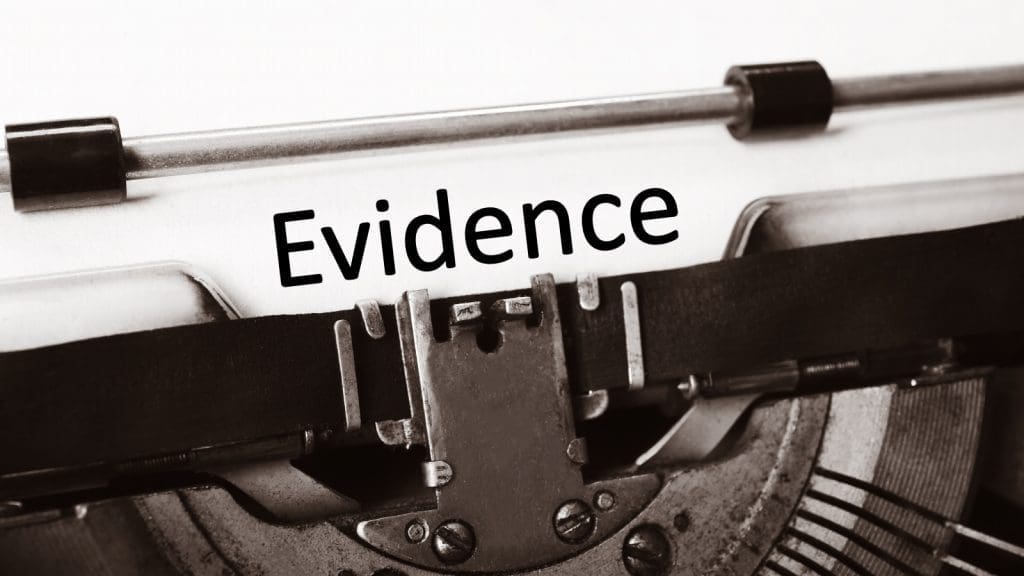Criminal Trial

Comprehensive Guide to Criminal Trials: Legal Procedures and Rights – 70 Characters
The criminal trial is a fundamental aspect of the legal system, encompassing the procedures and practices that govern how criminal cases are tried in court. Understanding these processes is essential for defendants, legal professionals, and the general public.
At the core of criminal trials is the principle of fairness and justice. The trial provides a platform where evidence is presented, witnesses are examined, and legal arguments are made before a judge or jury. The goal is to ascertain the truth and ensure that justice prevails.
A crucial element of a criminal trial is the role of the defense attorney. These legal professionals represent the accused, advocating on their behalf and ensuring their rights are protected throughout the trial. They challenge the prosecution’s case, cross-examine witnesses, and present evidence to support their client’s defense.
The prosecution, representing the state, bears the burden of proving the defendant’s guilt beyond a reasonable doubt. This high standard ensures that no individual is wrongfully convicted based on insufficient or dubious evidence.
Another key aspect of criminal trials is the jury selection process. Jurors are chosen to represent a fair cross-section of the community and are tasked with delivering an impartial verdict based on the evidence and legal instructions.
The trial process typically involves several stages, including opening statements, witness testimony, cross-examination, closing arguments, and the delivery of a verdict. Each stage plays a vital role in the trial’s overall outcome.
In conclusion, criminal trials are complex and require a thorough understanding of legal principles and procedures. They are the cornerstone of the criminal justice system, ensuring that every individual receives a fair trial.
Furthermore, the preparation for a criminal trial is an intensive process. Defense attorneys and prosecutors gather evidence, interview witnesses, and develop legal strategies. This preparation is crucial in building a compelling case for or against the accused.
The trial also includes specific legal motions and hearings before the main trial proceedings. These pre-trial motions can determine the admissibility of evidence, set bail conditions, and address other legal issues.
Additionally, the rules of evidence play a significant role in criminal trials. These rules determine what evidence is admissible and how it should be presented in court. Understanding these rules is essential for both legal professionals and defendants.
Finally, the sentencing phase follows a conviction in a criminal trial. Sentencing takes into account various factors, including the nature of the crime, the defendant’s criminal history, and statutory guidelines.
In sum, criminal trials are a pivotal part of the legal system, embodying the principles of justice and due process. They require meticulous preparation, in-depth legal knowledge, and a commitment to upholding the law.










